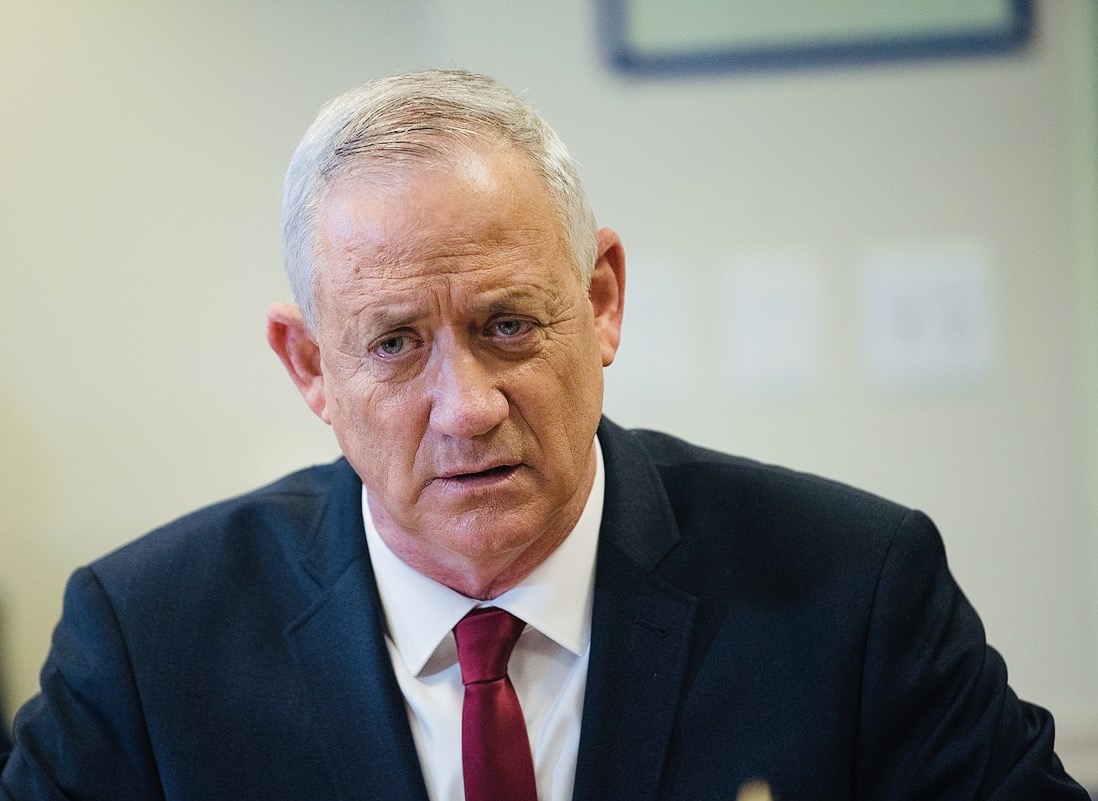Hezbollah, the pro-Iranian Lebanese militia, has been embroiled in a low-intensity war with Israel in support of Hamas since October 8, the day after some 3,000 Hamas terrorists broke through Israel’s fortified border fence and ransacked communities in southern Israel, killing 1,200 Israelis and foreigners and kidnapping 240 civilians and soldiers.
Its leader, Hassan Nasrallah, has said that Hezbollah will continue to attack Israel in a show of solidarity with Hamas until a ceasefire is in place and the war in the Gaza Strip ends.
Since Israeli Prime Minister Benjamin Netanyahu has gone on record as saying that many more months will elapse before Israel finishes its military campaign in Gaza to eradicate Hamas, Israel’s war with Hezbollah is bound to drag on just as long.
Hezbollah may well redouble its efforts to strike Israel after yesterday’s assassination of Hamas deputy leader Saleh al- Arouri in Beirut. Israel is widely believed to have carried out the drone attack. Nasrallah, who was reportedly scheduled to meet Arouri on January 3, has in the past vowed to retaliate against the killing of Palestinian officials in Lebanon.
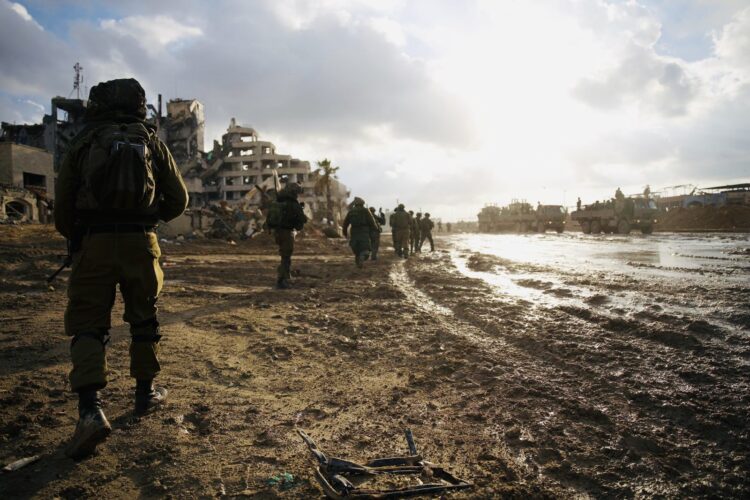
Israel’s armed conflict with Hezbollah, though directly linked with Israel’s current operation in Gaza to dismantle Hamas and remove it from power, transcends this war and is inextricably connected with two related issues.
The first and most urgent one deals with Hezbollah’s refusal to abide by a key clause in United Nations Resolution 1701. Passed after the 2006 Israel-Hezbollah war in Lebanon, it required Hezbollah to withdraw its forces past the Litani River, a distance of about 30 kilometres from the Israeli border.
Only Lebanon’s army and the United Nations Interim Force in Lebanon (UNIFIL), which was created in 1978 following Israel’s first invasion of Lebanon, were permitted to remain in that buffer zone
The first issue is also linked to Israel’s demand for a cessation of all acts of aggression by Hezbollah. For almost three months now, Hezbollah has bombarded the northern Galilee, forcing Israel to evacuate some 60,000 residents from their homes near the volatile border. This has cost Israel dearly in financial and psychological terms.
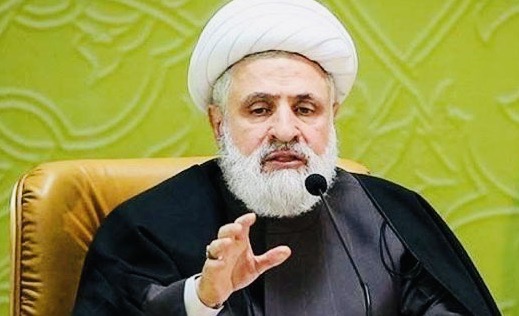
Naim Qassem, Hezbollah’s deputy director-general, warned recently that they will not be allowed to return to their homes until the end of the war in Gaza. The mayor of Kiryat Shmona, the largest town near the border, said that its residents will not go back until Hezbollah has been pushed away from the northern border. The evacuees, in the meantime, have written a letter to U.S. President Joe Biden urging him to endorse an Israeli military campaign to push Hezbollah north of the Litani River.
The second issue, which is exceedingly complicated and exacerbated by Hezbollah, concerns Israel’s unresolved land border dispute with Lebanon.
Israel and Lebanon finally demarcated their maritime border in 2022 after having become enmeshed in a nasty dispute over the ownership of potentially lucrative natural gas fields in the eastern Mediterranean Sea.
The land border, however, has yet to be settled, with at least 13 points still in dispute.
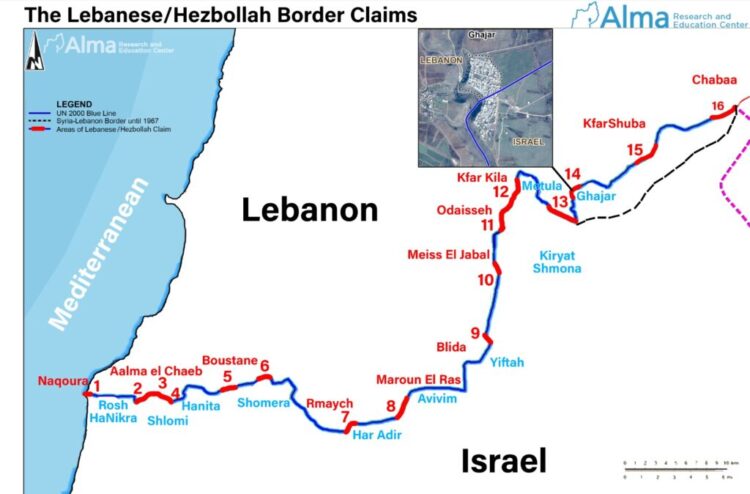
Since its last war with Israel in 2006, Hezbollah has flagrantly flouted Resolution 1701 and concentrated its forces close to the Israeli border. Over the years, Israel has regularly complained about this gross violation, but to no avail.
Neither the Lebanese government, which is remarkably weak and ineffectual, nor the United Nations, which demonstrably lacks the will to enforce its own resolutions, have taken steps to ensure that Resolution 1701 is fully implemented.
The Israeli government has resurrected this issue since the eruption of the Israel-Hamas war, which emboldened Hezbollah to open a second front on Israel’s northern frontier.
Benny Gantz, a member of Israel’s war cabinet and the former minister of defence and chief of staff of the armed forces, warned last week that a solution to this problem must be found before it spins out of control and causes a major confrontation between Israel and Hezbollah.
“I say to our friends around the world — the situation on the northern border necessitates change,” he said in the closing days of 2023. “The time for a diplomatic solution is running out. If the world and the government of Lebanon don’t act to stop the fire toward northern communities and to push Hezbollah away from the border, the Israel Defence Forces will do that.”
Israel’s chief of staff, General Herzi Halevi, said that the Israeli army is in a “state of very high readiness” to deal decisively with Hezbollah. “We need to be prepared to strike if required.”
Until now, Israel has responded proportionately to Hezbollah mortar, rocket and missile bombardments and drone incursions, which have killed four Israeli civilians and nine soldiers. Israeli retaliatory air and artillery strikes have led to the deaths of 138 Hezbollah fighters, 19 Palestinian gunmen affiliated with Hamas, and 19 Lebanese civilians, including several journalists.
These tit-for-tat exchanges have alarmed the United States, which seeks to prevent them from escalating into an all-out war, or worse still, a regional war.
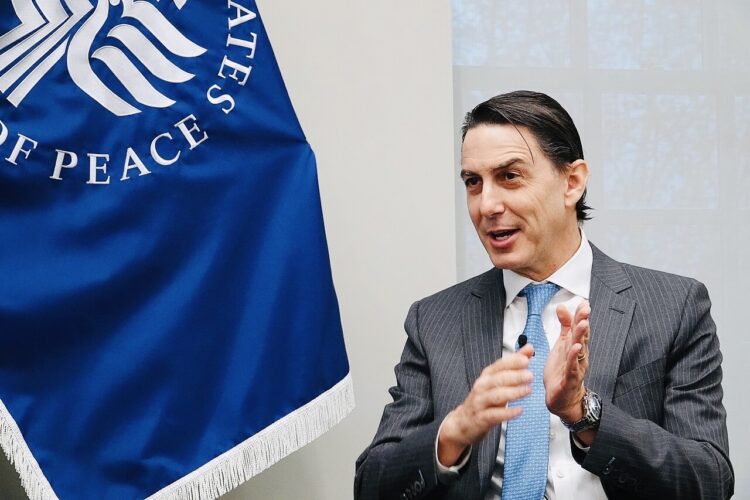
Amos Hochstein, a senior White House advisor who played a central role in facilitating Israel’s maritime agreement with Lebanon, has been shuttling between Jerusalem and Beirut in an attempt to reduce the level of Israel-Hezbollah clashes and to nudge Hezbollah forces sufficiently far away from the Israeli border. He launched his mission several weeks before October 7.
The fighting along the border has escalated of late, suggesting that Hochstein has failed to persuade Hezbollah to diminish its attacks. Whether he can convince Hezbollah to move northward is debatable. Israel has reportedly demanded a withdrawal beyond the Litani River.
The New York Times reports that both sides have presented proposals for Hezbollah to withdraw anywhere from five to eight kilometers from Israel’s border and allow the Lebanese army to patrol the border region.
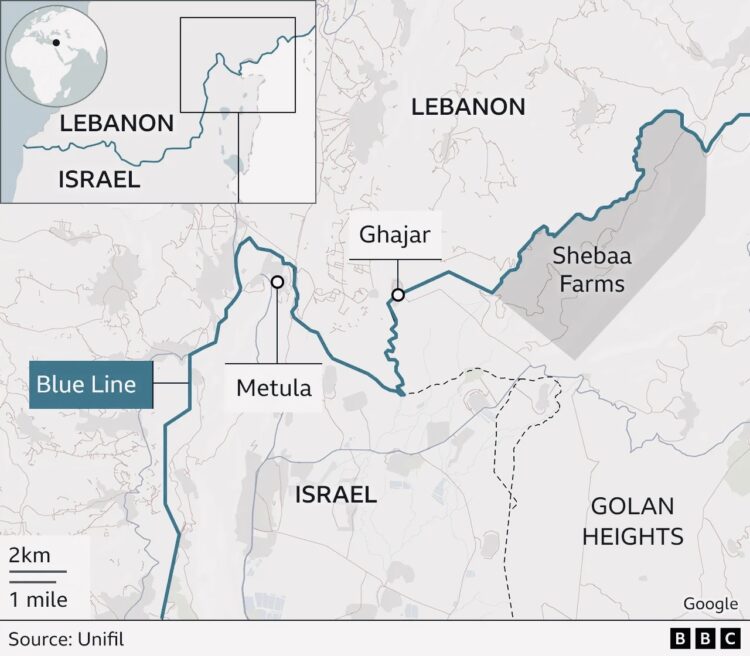
Whether Hezbollah will be amenable to moving its forces significantly cantle northward is very questionable. If diplomacy fails to achieve this objective, Israel may well resort to military means. Israel is apparently ready to use brute force, having positioned tens of thousands of troops in the north.
Shortly after October 7, Israeli Defence Minister Yoav Gallant reportedly sought to launch a massive air attack against Hezbollah, but Netanyahu balked under pressure from the United States to focus its military efforts on Hamas.
Hochstein is also trying to resolve Israel’s longstanding border differences with Lebanon. By all accounts, there are about 13 such areas in dispute.
The precise location of the Israel-Lebanon border has been the subject of debate for more than a century, since France’s acceptance of League of Nations mandates in Lebanon and Syria in the wake of World War I and since Israel’s occupation of the Golan Heights in 1967.
A problem arose when French surveyors allotted land to Syria that technically belonged to Lebanon. And during the Six Day War, Israel occupied the Golan, which had previously been in Syria’s hands.
A relatively small plot of land, known as the Shebaa Farms, fell within the boundaries of the Golan, which Israel annexed in 1981. Hezbollah claims that Shebaa Farms is inside Lebanese territory.
Israel occupied southern Lebanon, south of the Litani River, from 1985 to 2000. The United Nations acknowledged Israel’s complete withdrawal from Lebanon, but Hezbollah has yet to recognize the Blue Line border and considers the Shebaa Farms region as an occupied area.

On December 22, Lebanese Prime Minister Najib Mikati announced that Lebanon is prepared to implement Resolution 1701 in full if Israel withdraws from the Shebaa Farms and two other disputed areas — the nearby village of Ghajar and the Kfar Shuba Hills. It is not clear why Makati did not demand an Israeli pullout from the other disputed areas.
Israel has yet to respond to his offer, but it would be surprising if Israel accepts it. Hezbollah has yet to say whether this arrangement would be satisfactory.
This much is certain. If diplomacy fails to resolve the issues that pit Israel against Hezbollah and Lebanon, still more blood will flow.
